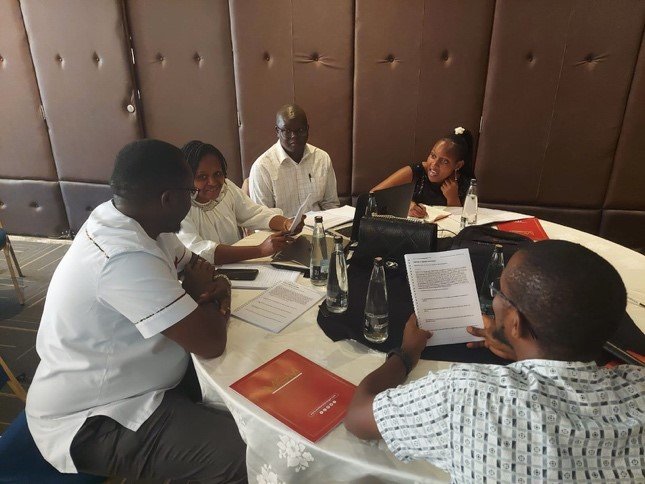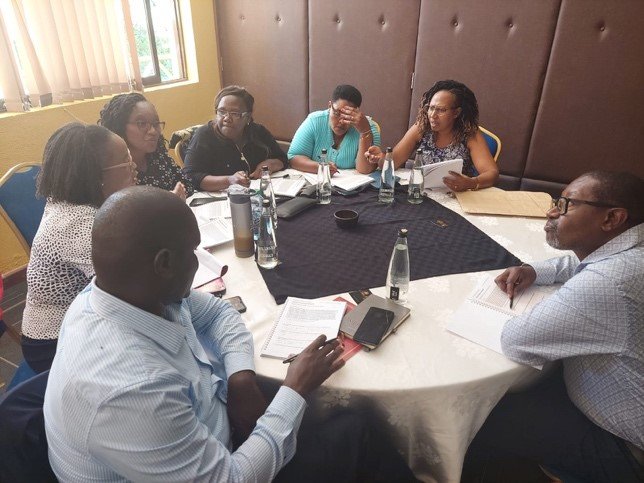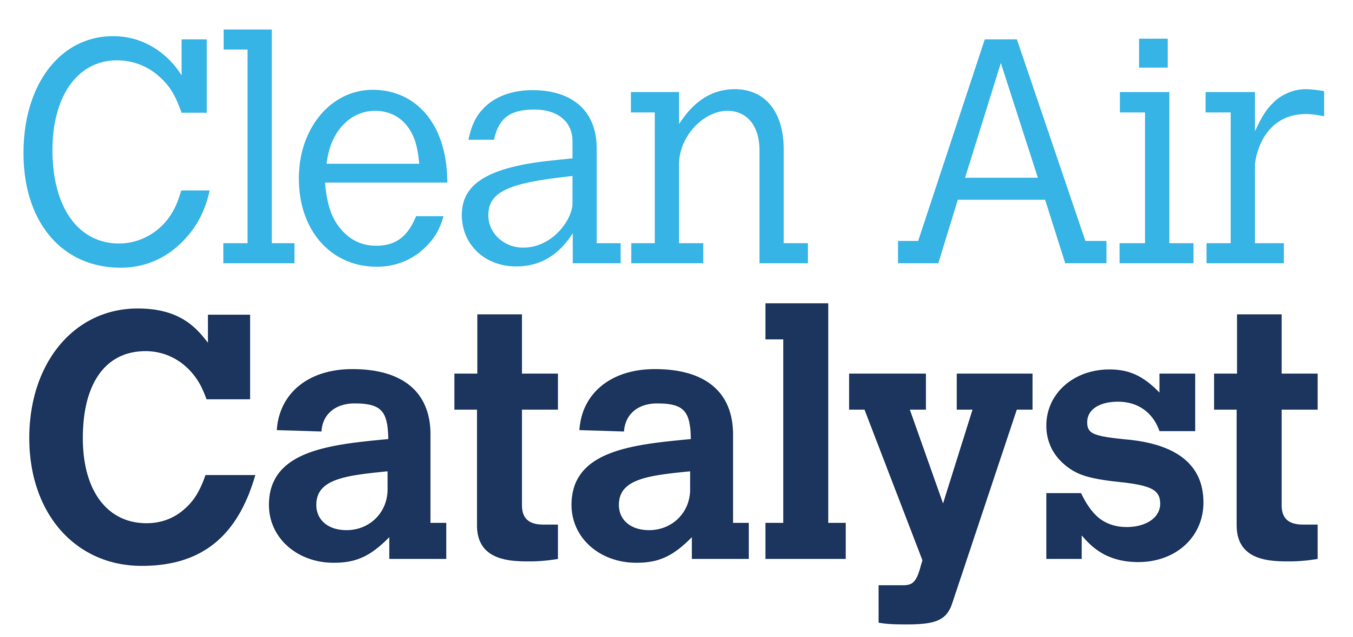Vital Strategies Leads Air Pollution and Healthcare Workshop for Nairobi’s Health Professionals
By Ivy Murgor, June 1, 2023
The Clean Air Catalyst, alongside partner Vital Strategies, held a workshop focused on the relationship between air pollution and health for public health officials from each sub-county in Nairobi on April 20 and 21. The workshop was tailored to build capacity and understanding about the health impacts of air pollution amongst public health officers, with a focus on strategies to reduce exposure to leading sources of air pollution in the city. Some specific objectives of the workshop were to create an understanding of Nairobi’s leading sources of air pollution, highlight populations most likely to experience a disproportionate amount of exposure to pollution, provide public health officers with the tools to help Nairobians address leading sources of air pollution and exploring potential opportunities for increased collaboration with health professionals in clean air action.
The workshop was held in person at Lake Naivasha Country Club and had the participation of 35 health professionals from the Nairobi City County government, the National Environment Management Authority, academia and non-governmental organizations. The first day of the workshop focused on reviewing air quality in the city through a science-based lens and highlighted the progress of the Catalyst in Nairobi, and the impact the health sector has on clean air action. The workshop continued with presentations on major sources of Nairobi’s air pollution identified by the Catalyst team, including vehicular emissions and industrial emissions. The participants also divided into groups for interactive sessions, in which they used data from the Institute for Health Metrics and Evaluation and State of Global Air to dive deeper into the risks of air pollution for the health of Nairobians.


At the end of the workshop, participants indicated their understanding of air pollution’s effect on health, where to access data on air quality, vulnerable groups, and gender equity information had substantially improved. Participants also showed interest in continuing to learn about air quality data collection and its use, policy developments, and guidance on implementing what they had learned during the two days of presentations.


